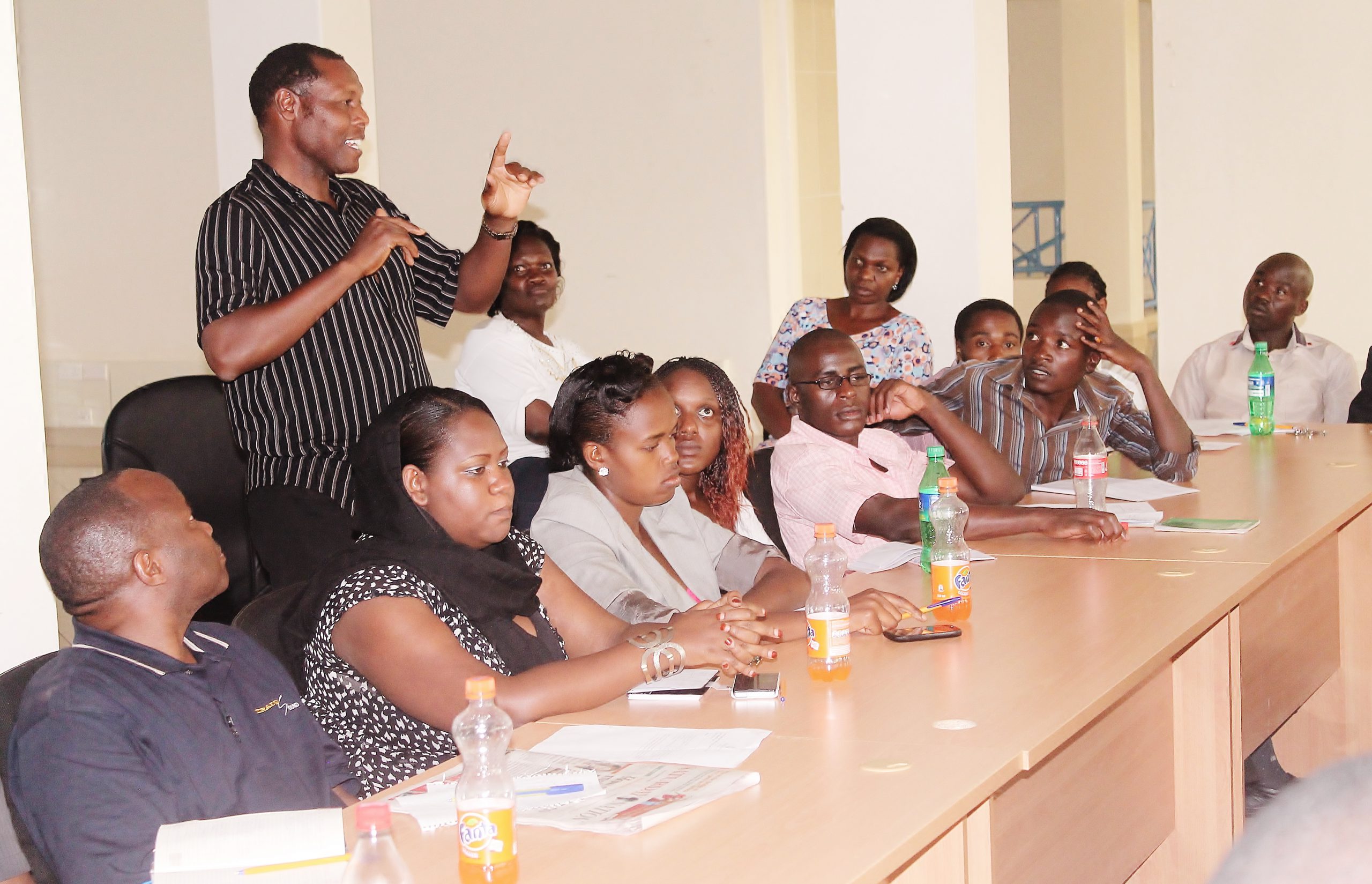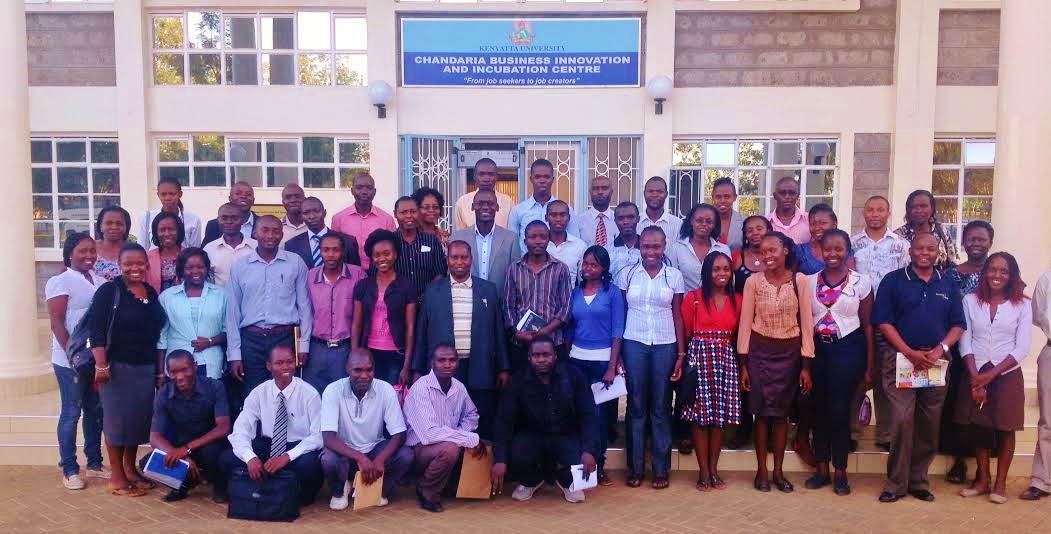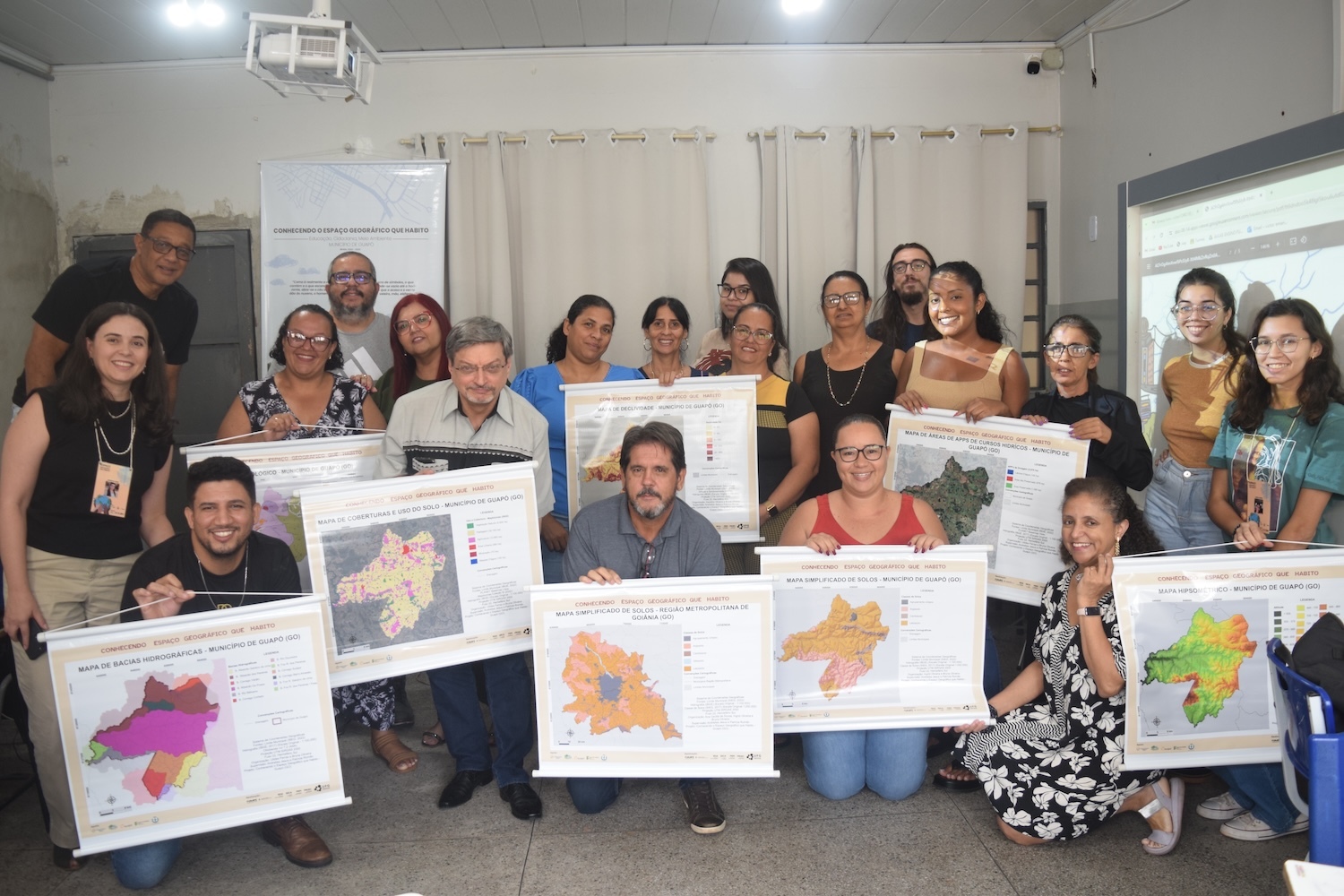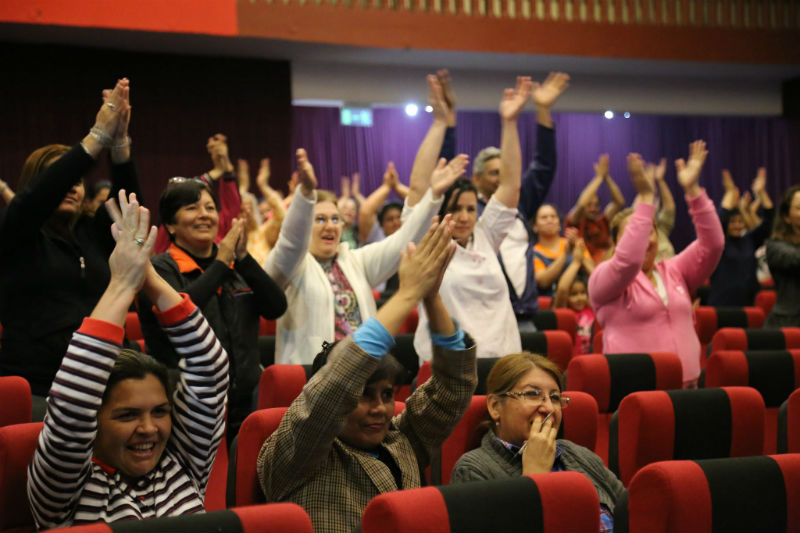
In Kenya, youth form 60 percent of the total labor force. Each year, 500,000 new post-secondary graduates enter the job market competing for 50,000 new jobs. Adding to the challenge for job seekers, contemporary employers are looking beyond grade point averages and standardized test performance to identify employees with leadership skills, strong character and the ability to think creatively.
The Global Peace Foundation’s Character and Creativity Initiative (CCI) educates youth in these essential skills. Through training teachers and faculty in CCI’s core competencies, entire school culture has been transformed in several schools in Kenya.
On January 18, 2014 GPF in conjunction with Kenyatta University led a capacity development forum at the Chandaria Innovation Center focused on better preparing youth for today’s work force. The forum brought together 80 soon-to-be teachers, university students nearing the end of their studies in education.

Juma explained that the Foundation leverages it’s prestigious network of key stake holders including Ministry of Education officials, government and community leaders, principals, teachers, parents and students. “Through CCI, these stake holders come together to deliver a positive impact on social issues and combat negative global trends in youth unemployment.”
Mr. Arthur Wesonga Oyange, a GPF Strategic Advisor, explained that LeadIn advocates for a cradle-to-career approach of high educational achievement by empowering school leaders to make education relevant for the twenty-first century economy and world.
“We encourage countries to develop and expand their trade, vocational and technical schools to more effectively meet the needs of employers and thus reduce youth unemployment and related social problems.”
Oyange acknowledged that the world of work has changed. Twentieth century work was mechanical, linear, static and predictable while twenty-first is organic, dynamic and changing. He said that there is a mismatch in education and work and schools are operating in nineteenth-century industrial age models. He pointed out that Google’s 54,000 employees all brainstorm in small teams to solve problems, and he highlighted qualities desired by the twenty-first century employers:
Mr. Arthur Wesonga Oyange, a GPF Strategic Adviser, discusses the changing workplace at the GPF forum.
- Being an ethical worker
- Communication ability
- Ability to learn on the job
- Motivation and initiative
- Working with others
- Ability to solve problems
- Inter-personal skills
- Positive attitude
- Being reliable and dependable
- Creativity
Oyange then discussed specific CCI programs in schools, such as the Talk to Me initiative, Family Trees, 1% for Change and Peace, and other support and peer mentoring programs.
Lastly, he explained that the new evaluation guidelines from the Ministry of Education state that teachers and schools will be ranked based on their contribution in molding a “total child” and helping students tap their talents, character and creativity.
The student-teachers will have another meeting on the January 31, 2014 at the same venue to discuss the way forward.

Student-teachers of Kenyatta University who are finalizing their Bachelor degrees.



